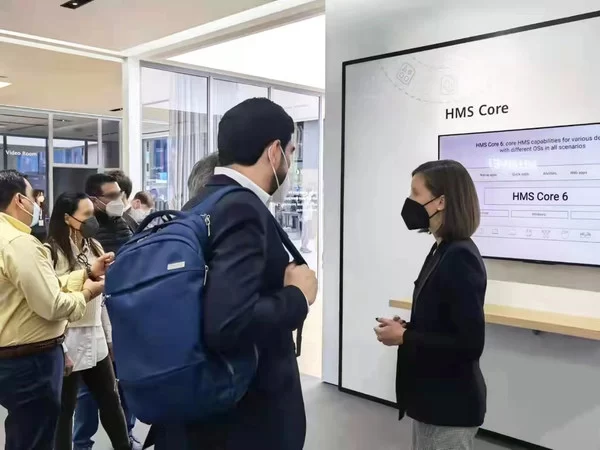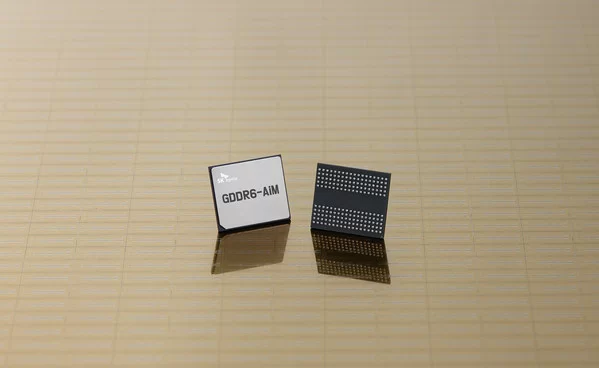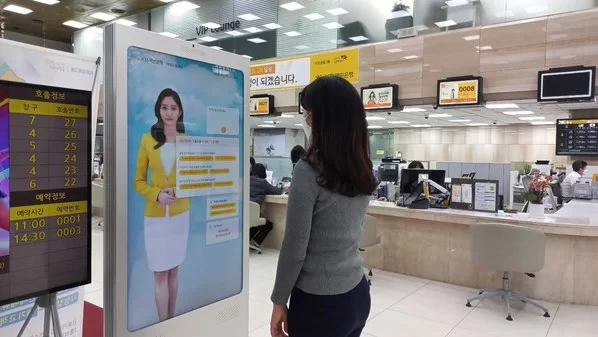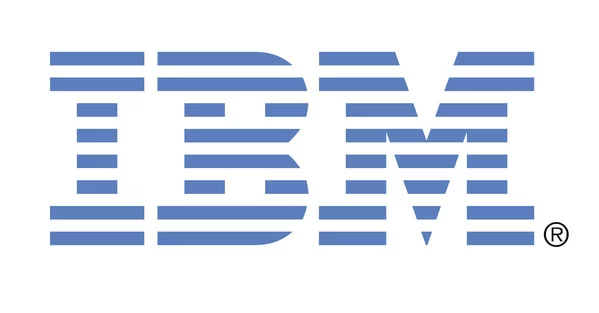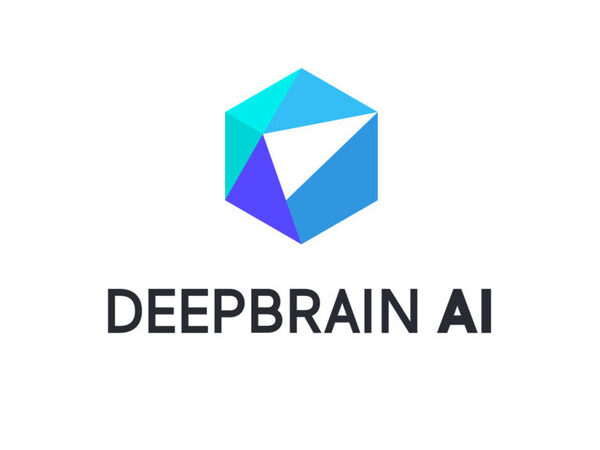SHENZHEN, China, March 12, 2022 — In February, Creality launched the crowdfunding campaign for 3D scanner – CR-Scan Lizard on Kickstarter. The campaign…
Prototype enables new synergy – how Artosyn helps their customers succeed
SAN JOSE, Calif., March 10, 2022 — Artosyn Microelectronics, a leading provider of AI SoCs for drones and other sophisticated applications finds itself at the intersection of hardware architecture and…
HMS Core Showcases Future-Facing Open Capabilities at MWC Barcelona 2022, Empowering Developers to Create the Ideal App
BARCELONA, Spain, March 2, 2022 — HMS Core has been unveiled to the public at MWC 2022 in Barcelona, exhibiting at three booths in Hall 1 of Fira Gran Via, from February…
Realsee Announced Partnership with Catalyze Solutions to Enable Digital Upgrading of Housing Service Sector in Canada
BEIJING, Feb. 16, 2022 — On February 15th, 2022, Realsee, a world-leading space digitization integrated solution provider, and Catalyze Solutions, a Canadian real estate technology company, signed a partnership agreement….
SK hynix Develops PIM, Next-Generation AI Accelerator
SEOUL, South Korea, Feb. 16, 2022 — SK hynix (or "the Company", www.skhynix.com) announced on February 16 that it has developed PIM*, a next-generation memory chip with computing capabilities. …
Crunchfish Gesture Interaction – the versatile Skeleton platform
STOCKHOLM, Sweden, Feb. 11, 2022 — Crunchfish’s Gesture Interaction technology has evolved to a versatile Skeleton platform that addresses many gesture interaction scenarios in AR/VR, public screens as well as…
“From customer service to complex banking tasks” DeepBrain AI implements AI human technology into KB Kookmin Bank
– Contactless counseling service tailored to the COVID-19 situation and significant reduction in waiting time – Provides information on financial products, branch information, weather and instructions on how to use…
JD.com Among FORTUNE 2022 World’s Most Admired Companies with Outstanding Social Responsibility Score
BEIJING, Feb. 3, 2022 — JD.com is ranked on the FORTUNE 2022 World’s Most Admired Companies list at No. 6 in the Internet Services and Retailing Category. Other companies listed…
ARV partners with IBM to build a national digital corporate identity system for Thailand’s standardized corporate onboarding process
BANGKOK, Jan. 31, 2022 — AI & Robotics Ventures Company Limited (ARV), a subsidiary of PTT Exploration and Production Public Company Limited (PTTEP), announces that…
K-Pop Boy Group SHINee Minho’s Version of “AI Guide” Will Guide Gwanghwamun Tourism, Using DeepBrain AI’s AI Human Technology
SAN MATEO, Calif., Jan. 25, 2022 — DeepBrain AI applied AI human technology to "Gwanghwa-in", a newly created Gwanghwamun Era project in Gwanghwamun,…




